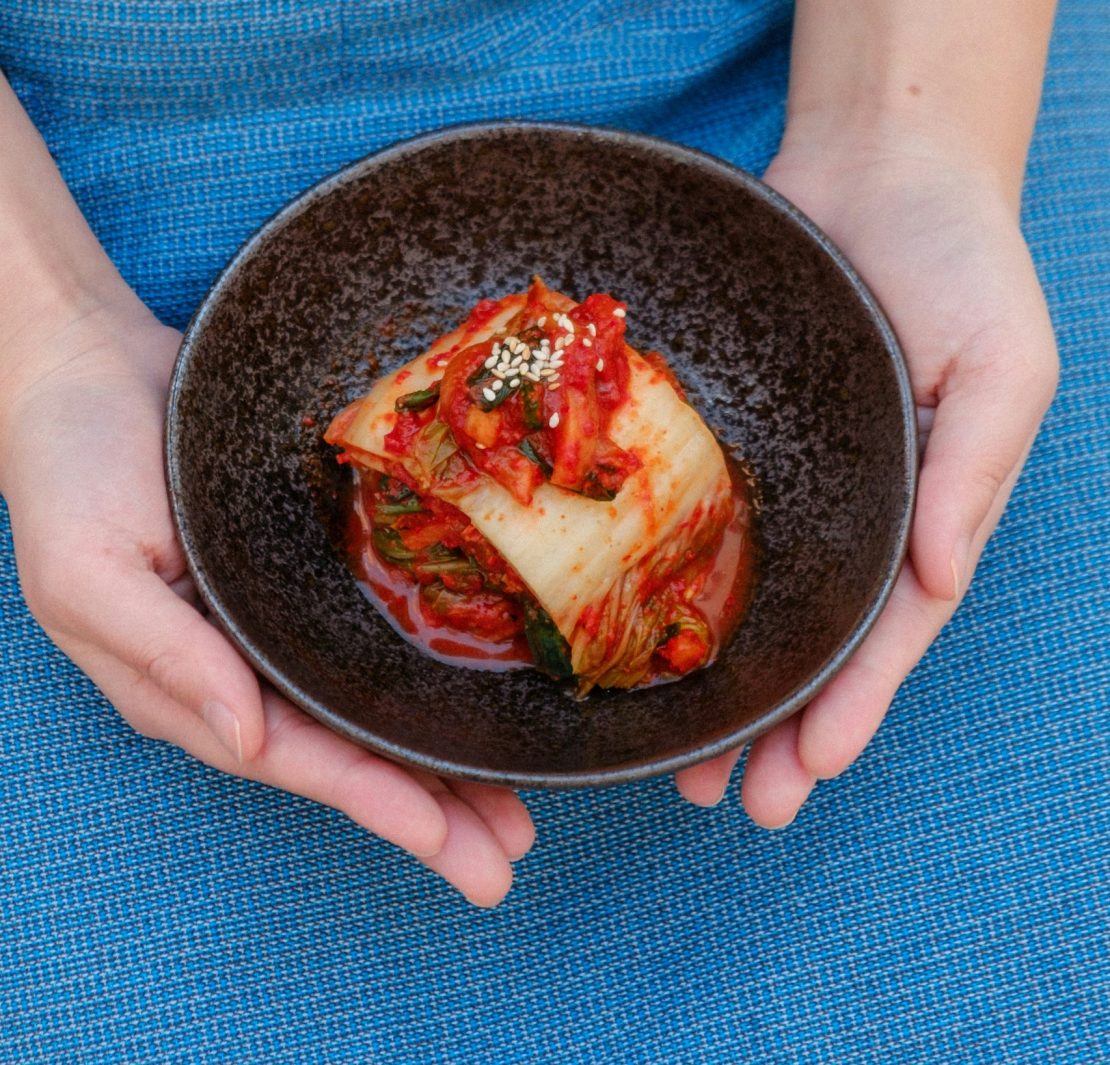It must be heartbreaking to know for a country that their national dish might cease to exist in the long run. It poses an even bigger problem if said dish is extremely popular across the world. That fate has been predicted for the iconic kimchi – the South Korean staple that is now a regular occurrence around the world. The reason behind the possible disappearance of this world famous dish, is climate change, reports Reuters.
The traditional cabbage Kimchi is seeing a dark future for its main ingredient
The reality of climate change is now more glaringly obvious than ever. After unbearable heat waves, unnatural rainfall, and more such conditions, climate change is after the beloved kimchi. Unfavorable weather patterns are hampering the optimal growth of the napa cabbage, the dish’s main ingredient. Grown on mountainous regions in low temperatures, the vegetable is seeing an immense loss of its cultivation.
Records show that area of production for the cabbage has lessened by more than half the number 20 years ago. More data predicts that the arable land for mountainous cultivation will reduce to just 44 hectares in the next 25 years, and will cease to exist by 2090. Farmer Kim Si-Gap tells Reuters that this prediction is both “shocking and sad.” “Kimchi is something that we cannot not have on the dinner table. What are we going to do if this happens?”
Scientists are busy preparing varieties that are resistant to factors like unpredictable rain, but they may result in the yield being expensive, and also not carrying the original taste. Unfortunately, South Korea has to rely on China for importing cheap Kimchi, which was the highest ever for the period studied. Moreover, South Korea is at a cultural war with China, which declares itself as the original inventor of the kimchi.
How Kimchi spanned across borders to as part of a global phenomenon
Kimchi is a fermented dish that is a must in all Korean households, and has an extensively rich history. South Koreans in the past used to pickle the necessary vegetables to ensure a steady supply of food for harsh winters. Despite being a ubiquitous dish, it is always eaten as a side with other Korean foods. A small amount of the food provides quite the packing of flavor to other dishes eaten with it.
Kimchi has a huge number of varieties too. Given how central it is to the country’s culture, South Korea reports an annual consumption of 1.5 million tons of the dish on an average, reports NPR. The country also has a special index dedicated to track the ingredients’ best prices, called the Kimchi Index. Koreans love their kimchi fiercely, and a prediction about its loss is likely to cause immense worry for them.
The dish is now famous all across the globe, especially because of globalization and the K-pop wave. Fascination for Korean culture has gripped young adults globally, and since Kimchi is the most associated dish to it, the dish is now a staple in the homes of Korea enthusiasts as well. India too, is seeing an uptick of kimchi enthusiasts. The napa cabbage is a variety of the Chinese cabbage. The vegetable unsuspectingly became one of the most searched items of Google in 2023, and was also trending in India.
Kimchi finds a close relative in Indian cuisine, i.e. the humble Indian achaar. Like its Korean contemporary, the achaar too is made of vegetables fermented in jars, along with oils and spices. North Indian meals are usually incomplete without a spoonful of it, just like Korean food. A major difference, however, is the spice factor: Kimchi is undoubtedly spicier than most commonly available pickles.
But unlike achaar, kimchi is readily available all across the world. Despite the shortage of Kimchi cabbage, the dish’s exports have increased by 10% in October 2023. Given the overwhelming craze of literally everything Korean, kimchi is now a commonly available, and easily recognizable food item across the world. The achaar, despite being a common Indian dish, is not as prominently associated with Indian food habits.
Kimchi is an undetachable part of Korean culture. And through it, South Korea has emerged as a cultural power across the world. With Korean culture seeing a solid grounding in countries far away from its homeland, it would be wrong to not regard South Korea as a rich nation. It has readily infused itself with the palates of other countries, especially the US, whose people are known to have a low spice tolerance. But with rampant climate change, such an iconic dish might vanish from our tables for good.




